antiracism
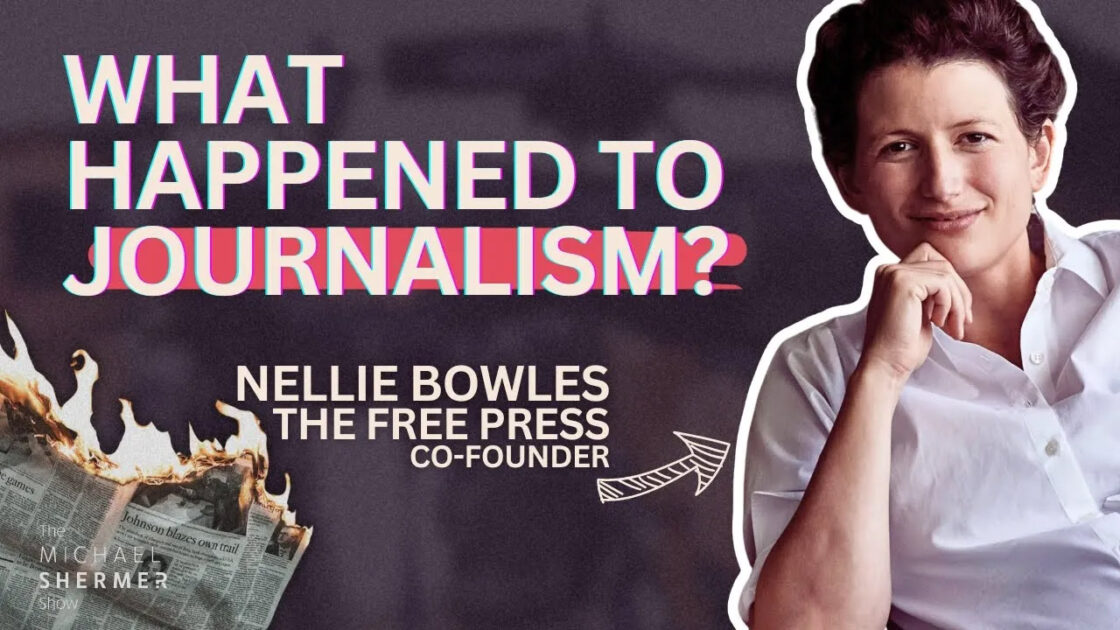
Shermer and Bowles discuss: what it’s like to work at The New York Times • what it’s like to found a new media company • same-sex marriage • Liberalism vs. Progressivism • the Black Lives Matter, #metoo, and transgender movements • Patrisse Khan-Cullors • White privilege • somatic abolitionism • LGBTQ • IDAHOBIT • BBIPOC • CHAZ • homelessness • anti-racism • cancel culture • defund the police • protests.

The practice of discussing educational testing in the same sentence with the term “war” is not necessarily new or original.1 What may be new to readers, however, is to characterize current debates involving educational testing as involving a war against: (1) accurate perceptions about the way things really are (reality), and (2) sound judgment in […]

Shermer and Akst discuss: war • the left (old and new) • religious liberals • American Firsters and Isolationists • cluster of heterodoxy: anti-war/militarism, but also anti-racism, anti-capitalism, anti-colonialism, anti-apartheid, anti-power of the state, pro-labor, pro the rights of minorities, individual liberty on matters such as abortion and gender, anti-segregation • internment of 110,000 Japanese-Americans into concentration camps • civil disobedience (Thoreau, Garrison, Gandhi) • non-violent protests • moral equivalency • Just War Theory • Military Industrial Complex • moral…

In this provocative article on the controversial topics reparations, and what is owed to the descendants of African Americans who were enslaved, Jason Hill argues that the Civil Rights movement and ensuing acts and laws in the 1960s and 1970s have already provided a type of reparations, and that more such reparations, particularly in the form of cash payments, are unnecessary, not to mention nearly impossible to determine who is owed what.
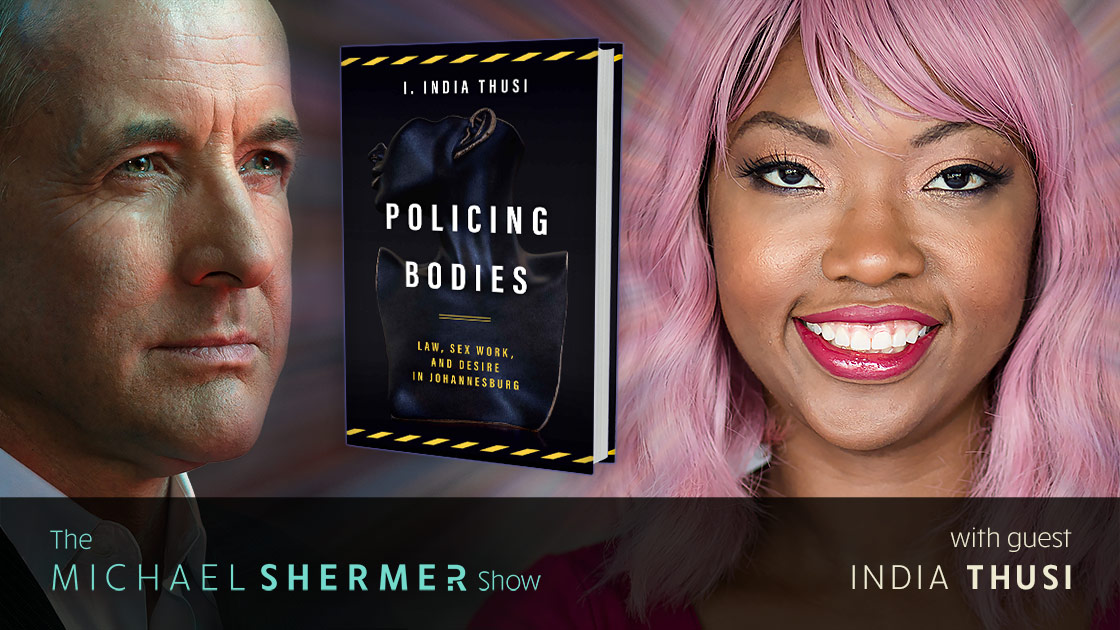
Shermer and Thusi discuss: how she gained access to police and sex workers in Johannesburg • what it was like patrolling brothels in Johannesburg • what sex work is, exactly • why sex workers are mostly women and patrons mostly men • why sex work is illegal in many places and whether it should be legal and regulated • the liminal nature of sex work • Critical Race Theory • racism and antiracism • President Barack Obama • her response…
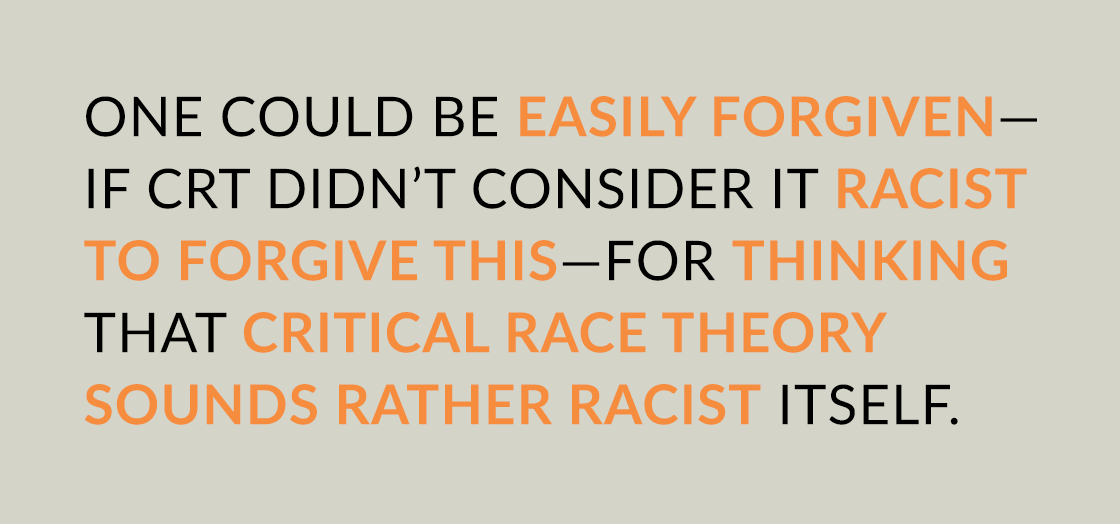
Critical Race Theory (CRT) is, at root, an American phenomenon. So thoroughly is this the case that although its ideas have been used outside the United States for some time, they are often highly flavored by U.S. racial history. CRT holds that race is a social construct that was created to maintain White privilege and […]

Michael Shermer introduces the theme of Skeptic magazine volume 27, number 3: Race Matters.

Michael Shermer and Douglas Murray discuss: what it takes to become a successful writer • Is this “war” on Western civilization just a necessary course correction from the sins of the past? • Is at least some of the criticisms of Western civilization a form of revenge for past wrongs? • Critical Race Theory: If racism is not the explanation for the present Black/White differences in income, wealth, home ownership, and representation in professional careers, what is? • Racism and…
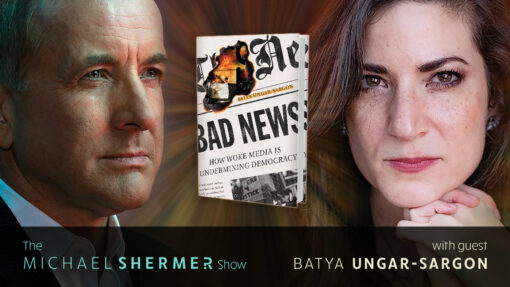
Michael Shermer speaks with Batya Ungar-Sargon about her new book Bad News: How Woke Media Is Undermining Democracy in which she reveals how American journalism underwent a status revolution over the twentieth century — from a blue-collar trade to an elite profession.
Is there vigilantism in science? Was the renowned Harvard biologist Edward O. Wilson wrongly convicted of racism and promoting race science in the court of public opinion? Yes, says his long-time collaborator and world-class scientist Bert Hölldobler. PLUS: Michael Shermer speaks with Batya Ungar-Sargon about her new book Bad News: How Woke Media Is Undermining Democracy in which she reveals how American journalism underwent a status revolution over the twentieth century — from a blue-collar trade to an elite profession.

In episode 235, Michael Shermer speaks with Jason Riley about Maverick — the first-ever biography of Thomas Sowell, one of the great social theorists of our age.
In episode 235, Michael Shermer speaks with Jason Riley about Maverick — the first-ever biography of Thomas Sowell, one of the great social theorists of our age.
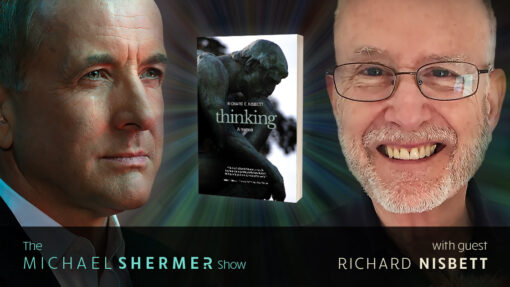
In a wide-ranging conversation Shermer and Richard Nisbett discuss Nisbett’s research showing how people reason, how people should reason, why errors in reasoning occur, and how much you can improve reasoning.
Michael Shermer is now writing on Substack with a new, weekly column called Skeptic: Examining the World Through a Scientific Lens. PLUS in a wide-ranging conversation Shermer and Richard Nisbett discuss Nisbett’s research showing how people reason, how people should reason, why errors in reasoning occur, and how much you can improve reasoning.
In episode 214, Michael Shermer speaks Tom Nichols about his book Our Own Worst Enemy: The Assault From Within on Modern Democracy. PLUS, don’t miss our digital subscription sale: $14.99 for 7 issues, until October 9, 2021!
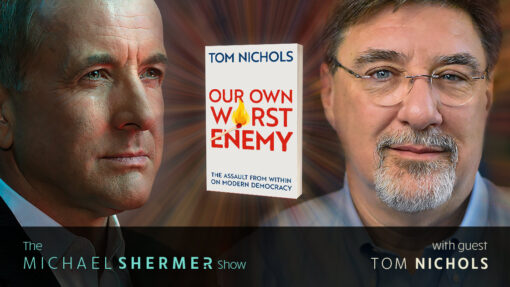
Democracy is in trouble. Why? In episode 214, Michael Shermer speaks with Tom Nichols about his book Our Own Worst Enemy: The Assault From Within on Modern Democracy challenges the current depictions of the rise of illiberal and anti-democratic movements in the United States and elsewhere, placing on the people themselves, the growth of unchecked narcissism, rising standards of living, global peace, and a resistance to change.
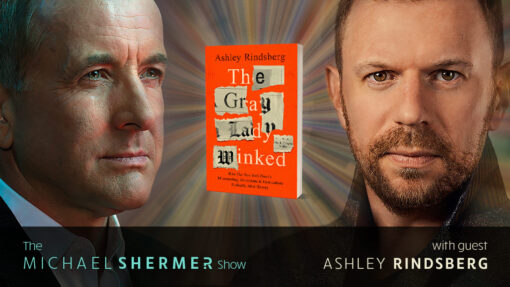
In episode 211, Michael Shermer speaks with Ashley Rindsberg about his book The Gray Lady Winked in which he pulls back the curtain to reveal an eye-opening, often shocking, look at the New York Times’s greatest journalistic failures, so devastating they changed the course of history.
In episode 211, Michael Shermer speaks with Ashley Rindsberg about his book The Gray Lady Winked in which he pulls back the curtain to reveal an eye-opening, often shocking, look at the New York Times’s greatest journalistic failures, so devastating they changed the course of history.
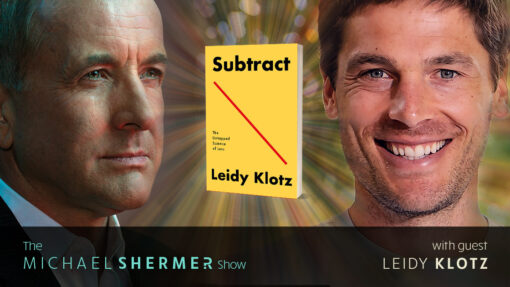
We pile on “to-dos” but don’t consider “stop-doings.” We create incentives for good behavior, but don’t get rid of obstacles to it. We collect new-and-improved ideas, but don’t prune the outdated ones. Every day, across challenges big and small, we neglect a basic way to make things better: we don’t subtract. In episode 210, Michael Shermer speaks with Leidy Klotz about his book Subtract: The Untapped Science of Less.
We pile on “to-dos” but don’t consider “stop-doings.” We create incentives for good behavior, but don’t get rid of obstacles to it. In episode 210, Michael Shermer speaks with Leidy Klotz about his book Subtract: The Untapped Science of Less. PLUS Do you believe that men have greater power and privilege because they are stronger, more aggressive, and smarter than women (and don’t have babies)? Think again.
NEXT →






















